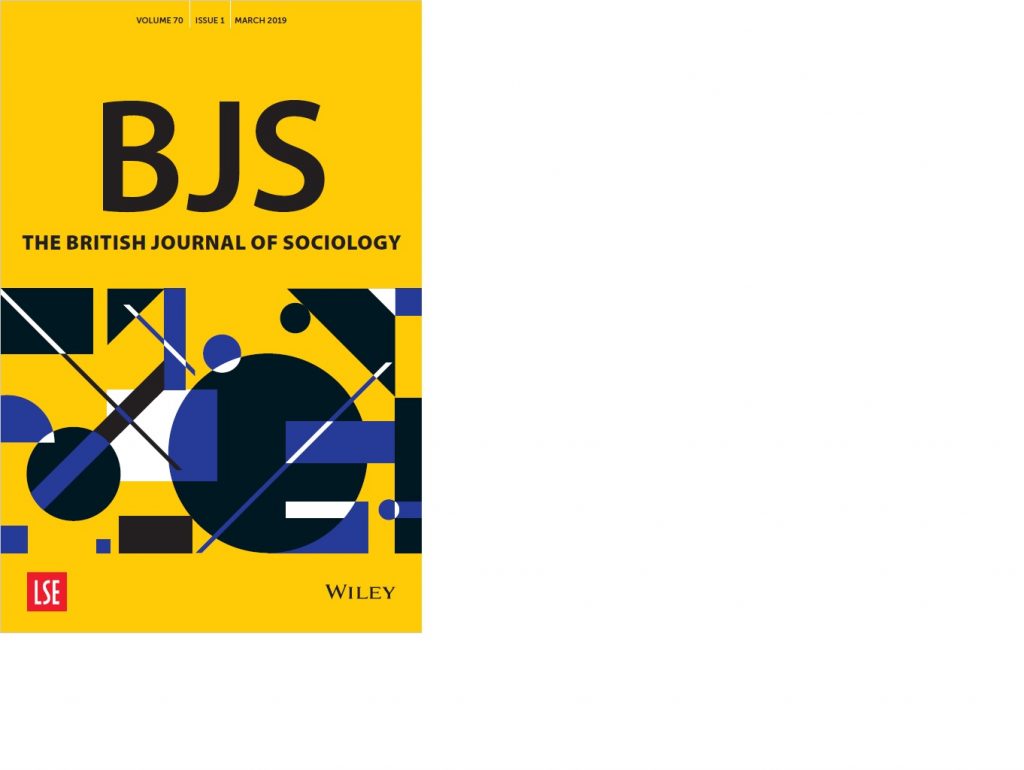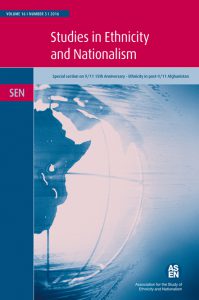Carbon offsetting: back from the dead
Back in 2006, before ‘foreclosure’, ‘credit default swaps’ and ‘double-dip recession’ became terms we needed to worry about, climate change was an issue that actually had some traction in popular culture. This was the year that An Inconvenient Truth was released, a film which, unusually for an apocalyptic documentary, actually made an impact. Not only did Al Gore’s film highlight the issue of climate change, but it also made viewers aware of they could do to make a difference. That...

![By Simons/Staff Sgt. (according to Exif data) [Public domain], via Wikimedia Commons](https://www.sociologylens.net/wp-content/uploads/2016/10/Starlifter_contrail.jpg)






1530-2415/asset/SPSSI_logo_small.jpg?v=1&s=703d32c0889a30426e5264b94ce9ad387c90c2e0)
1475-682X/asset/akdkey.jpg?v=1&s=eef6c6a27a6d15977bc8f9cc0c7bc7fbe54a32de)